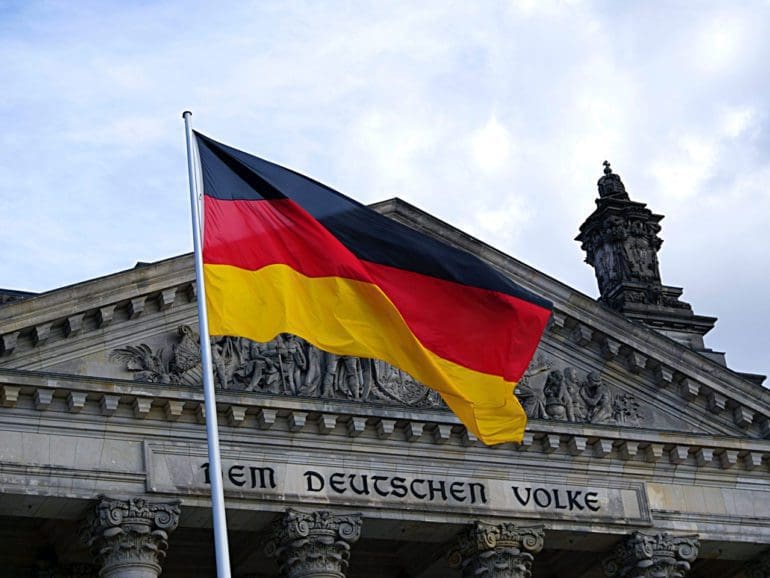Germany’s Federal Ministry of Finance (BaFin) outlined clear tax rules on cryptocurrencies and virtual assets in a 24-page document on Tuesday, May 10.
It shared the decision on how mining, staking, and airdrops fall within Germany’s tax code, and therefore, crypto investors in Germany won’t pay tax on sales of digital assets.
There is a particular focus on the special tax clause in the German Income Tax Act. BTC or ETH is not subject to tax on sales if the individual sells them more than 12 months after being acquired.
The paper marks the first time Germany has issued nationwide tax guidance on cryptocurrency. Consultations with 16 federal states and top financial institutions helped draft the document.
Speaking to Philipp Pieper, co-founder of Swarm Markets. “The announcement by the German finance ministry of its clarification on the tax treatment of cryptoassets provides further vital legal clarity for the sector and comes thanks to fantastic engagement with and from the industry, citizens, and investors.”
Germany’s crypto environment
This decree has great significance in a country like Germany, where the crypto environment is expanding.
According to Gemini’s 2022 Global State of Crypto, roughly 17% of all German households own cryptocurrency, while 43% of high-income Germans own crypto assets. In addition, 53% of Germans claim they are “crypto curious.” Germany also has one of the highest crypto adoption rates among females globally, with 46%.

“Germany has shown significant leadership in the regulatory provision for the crypto sector and is reaping success signaled by several major digital projects choosing the jurisdiction as their headquarters. Confirming and expanding the existing tax regime shows Germany’s commitment to the blockchain sector. It creates a fertile ground for innovation to come to the country in line with the regulatory framework. The crypto sector is already thriving in the region and is well ahead of other countries. When other nations are grappling with how to govern the growing crypto finance industry, Germany is already striding ahead,” Pieper continues.
EU regulation
However, as a European Union member state, Germany closely implements the EU’s various regulations, including financial law and anti-money laundering directives.
Related:
Therefore, given the EU’s hard push toward crypto regulation and the implementation of the 5th Anti-Money Laundering Directive, the German open crypto environment may be heading in the opposite direction from the EU.
The document itself means that tax practitioners, businesses, and individual taxpayers now have clear directions on the tax requirements for acquiring, trading, and selling cryptocurrencies. And according to Standford Law, the implementation of many financial laws from the EU has varied.
Some countries, such as Germany, France, Lithuania, and Malta, have adopted very specific rules, while others, such as other states, have not, which may point to flexibility in implementation.
Pieper also remains optimistic: “staking and lending are becoming essential components, driven by the need for yield in a low-yield paradigm and the conversation around ESG. Germany’s financial regulator BaFin already has some of the best-in-class regulatory guidelines for crypto. Still, the addition now of clear rules around tax treatment is a major piece of the overall regulatory puzzle.”


